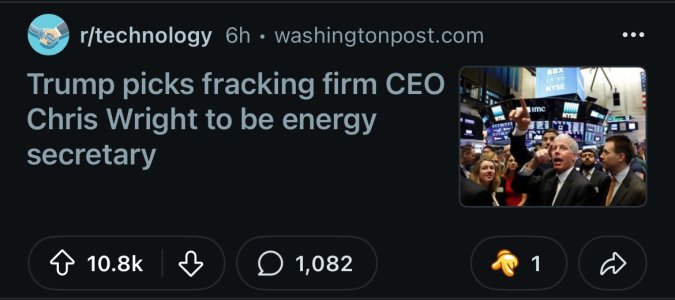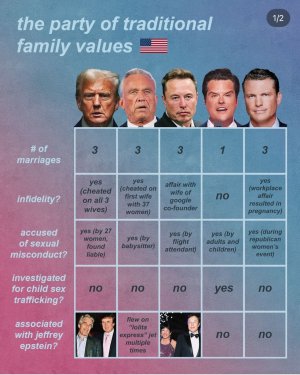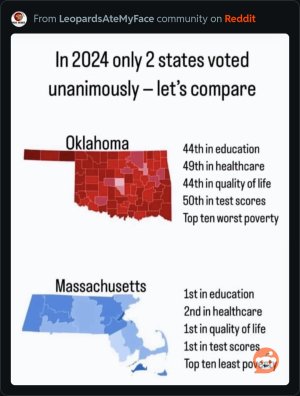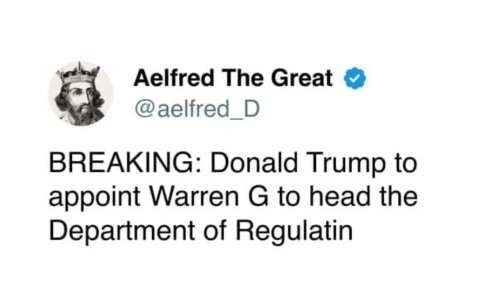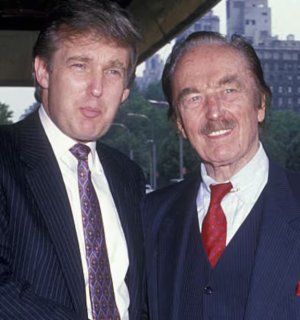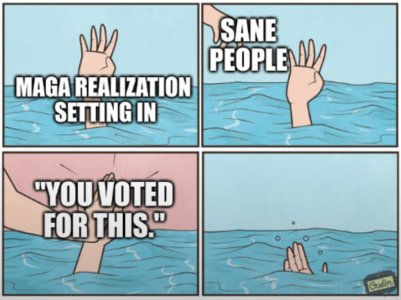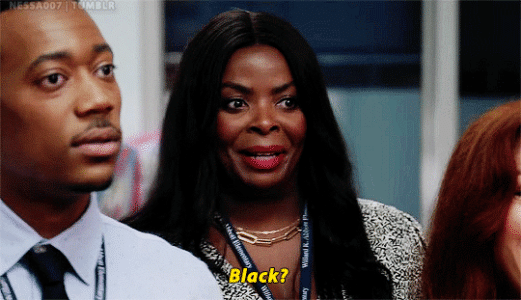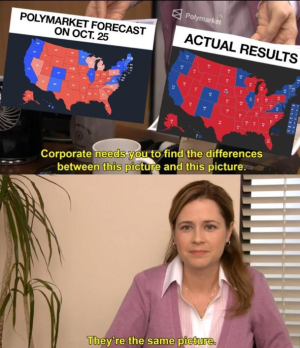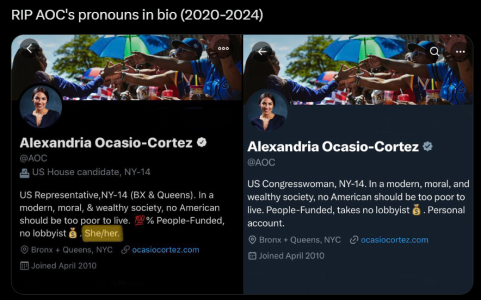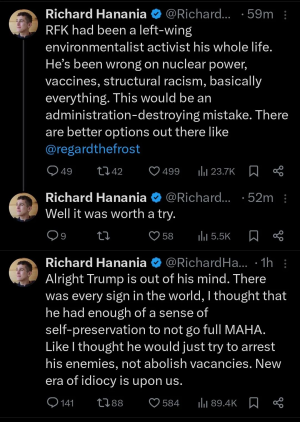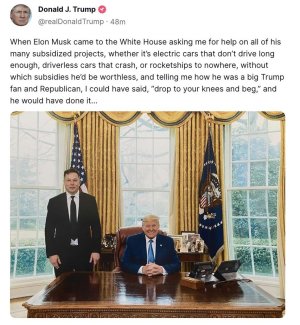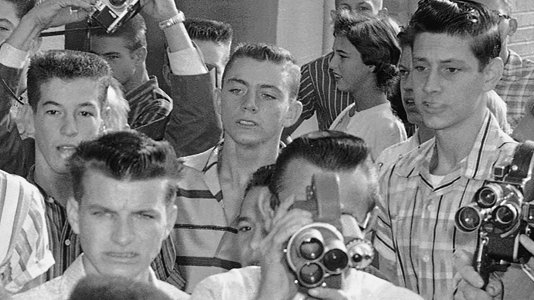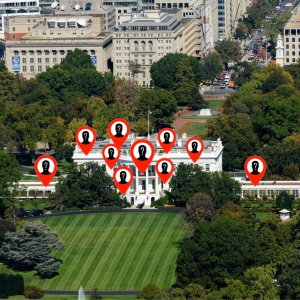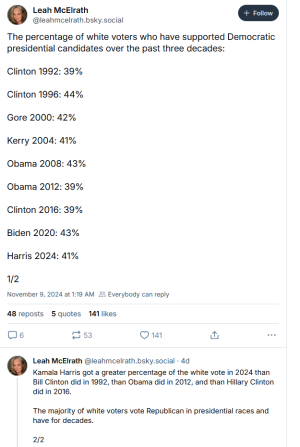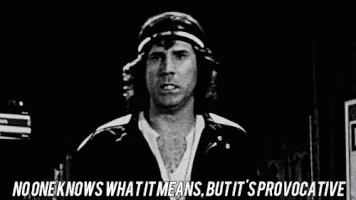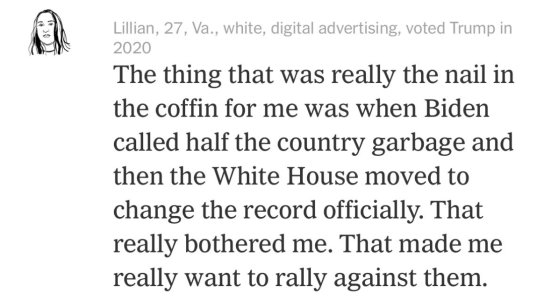Whistleblower Christopher Wylie warned senators Wednesday that the data privacy controversy surrounding his former employer, Cambridge Analytica, is the “canary in the coal mine to a new Cold War emerging online,” even as Republicans sought to downplay the significance of the firm's work for Donald Trump.
Wylie, a source for news reports indicating that Cambridge Analytica improperly obtained data on tens of millions of Facebook users, told the Senate Judiciary Committee that the data firm and its parent, SCL, had the ability to perform “black ops,” including breaking into computer systems to acquire kompromat — the Russian word for "compromising material."
He also said two senior staffers for Cambridge Analytica had connections to Wikileaks founder Julian Assange and alleged the data firm had numerous ties to Russia, describing how it used Russian researchers and shared information with Russian companies and executives tied to the Kremlin's intelligence services.
But many Republicans at the hearing seemed more intent on minimizing Cambridge Analytica's use of the Facebook data for its work on Donald Trump's presidential campaign, suggesting the practice was neither nefarious nor novel.
Sen. Thom Tillis (R-N.C.) brought up former President Barack Obama's use of Facebook data for his campaigns and argued that the use of such data is bipartisan in nature. Tillis acknowledged his own campaign worked with Cambridge Analytica.
"If we're gonna do a thorough, impartial, nonpartisan review of the facts, we should go back about 10 years," Tillis said. "In the Obama campaign ... they actually asked whether or not you were a Facebook user, and if you were willing to share information on all your friends."
Judiciary Chairman Chuck Grassley (R-Iowa), meanwhile, said lawmakers should move beyond Cambridge Analytica to focus on broader questions about consumer protection and the practices of technology companies.
"Instead of just treating this as a partisan issue to score political points, the important policy discussion we should really have is where tech, consumers and Congress should go from here," Grassley said.
Still, Democrats pressed Wylie about the extent of Cambridge Analytica's reach and activities. Sen. Dianne Feinstein (D-Calif.) asked him if Facebook data harvested by Cambridge could have ended up in Russia, to which Wylie replied he didn't know for sure but "it would have been very easy to facilitate that."
Wylie agreed with Sen. Amy Klobuchar (D-Minn.) that some sort of government regulation is needed to promote transparency in advertising and consumer safety online.
"In the 21st century it is nearly impossible for people to be functional in the workplace and in society at large without the use of the internet ... so there should be some degree of accountability and oversight," he said.
Wednesday's hearing marked Wylie's first public testimony in Congress since the data scandal first broke in March, though many of the details he provided have dribbled out in media reports and his earlier testimony to the U.K. Parliament.
Wylie privately
briefed House Democrats last month, telling them, among other things, that Steve Bannon, the Cambridge Analytica co-founder who went on to become Trump's campaign manager, had ordered the data firm's staff to test messaging around Russian President Vladimir Putin and Russian expansion in 2014.
Facebook has scrambled to respond to the scandal, which raised questions about its commitment and controls around user privacy and renewed scrutiny of its role in the election. The social network's normally press-averse CEO, Mark Zuckerberg, went into damage control mode, putting in a marathon appearance last month before multiple congressional committees and repeatedly apologizing for his company's handling of the situation.
Cambridge Analytica announced earlier this month it was
shutting down, along with its parent SCL, and had started insolvency proceedings in both the U.S. and U.K.
Talking to reporters during a break in the hearing, Wylie confirmed a
New York Times report that he'd been contacted by the FBI and Justice Department about Cambridge Analytica. After the hearing, he took issue with efforts to deflect attention from the now-defunct data firm's behavior.
“I think the attempt to downplay the Cambridge Analytica story, by saying this happens everywhere and this is normal, actually highlights the significance of the issue I’m talking about," he said. "Because if your response to Cambridge Analytica is, ‘Well, this happens everywhere,’ then it’s a bigger problem."











